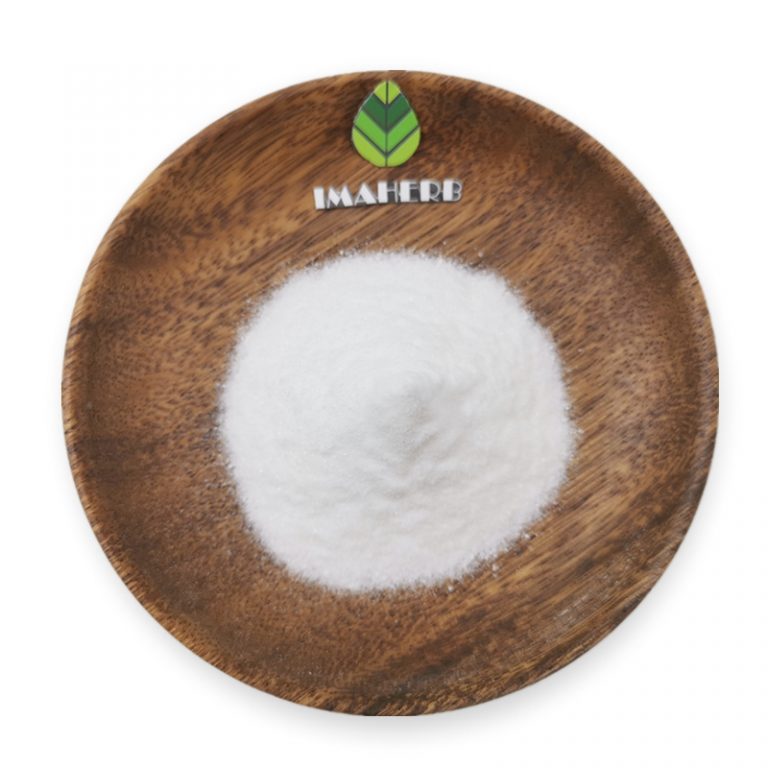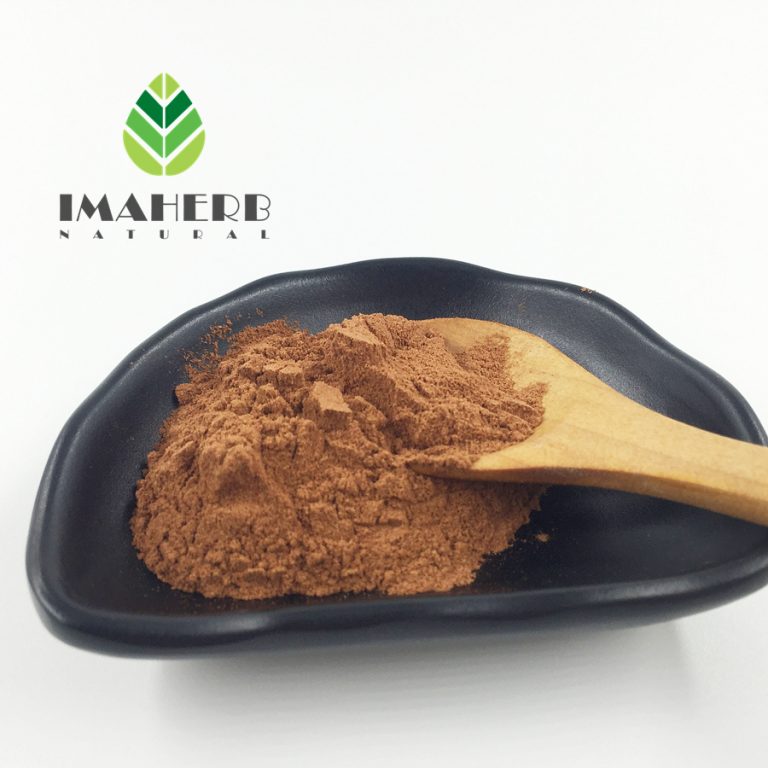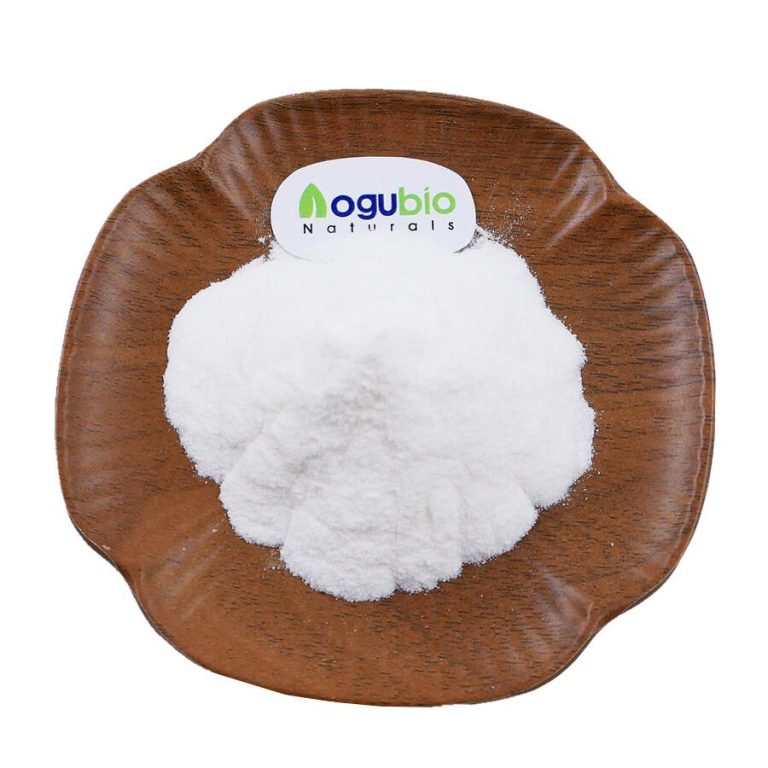|
Flaxseeds (also called linseeds) are a rich source of micronutrients, dietary fiber, manganese, vitamin B1, and the essential fatty acid alpha-linolenic acid, also known as ALA or omega-3.
The seeds come from flax, one of the oldest fiber crops in the world – known to have been cultivated in ancient Egypt and China.
Flaxseed is a source of healthy fat, antioxidants, and fiber; modern research has found evidence to suggest that flaxseed can also help lower the risk of diabetes, cancer, and heart disease.
King Charlemagne of the 8th century believed so strongly in the health benefits of flaxseed that he demanded his loyal subjects eat the seeds and passed laws to make sure of it.
The Latin name for flax is Linum usitatissimum, which means "the most useful.
This MNT Knowledge Center feature is part of a collection of articles on the health benefits of popular foods.
To reap the most benefits from flaxseeds, they should be bought in ground form or ground before consumption as whole flaxseeds can sometimes pass through the digestive tract undigested.
|



















 skype
skype Sales Manager
Sales Manager Rebekah
Rebekah Rachel
Rachel Miranda
Miranda Camilla
Camilla
 Sales Manager
Sales Manager